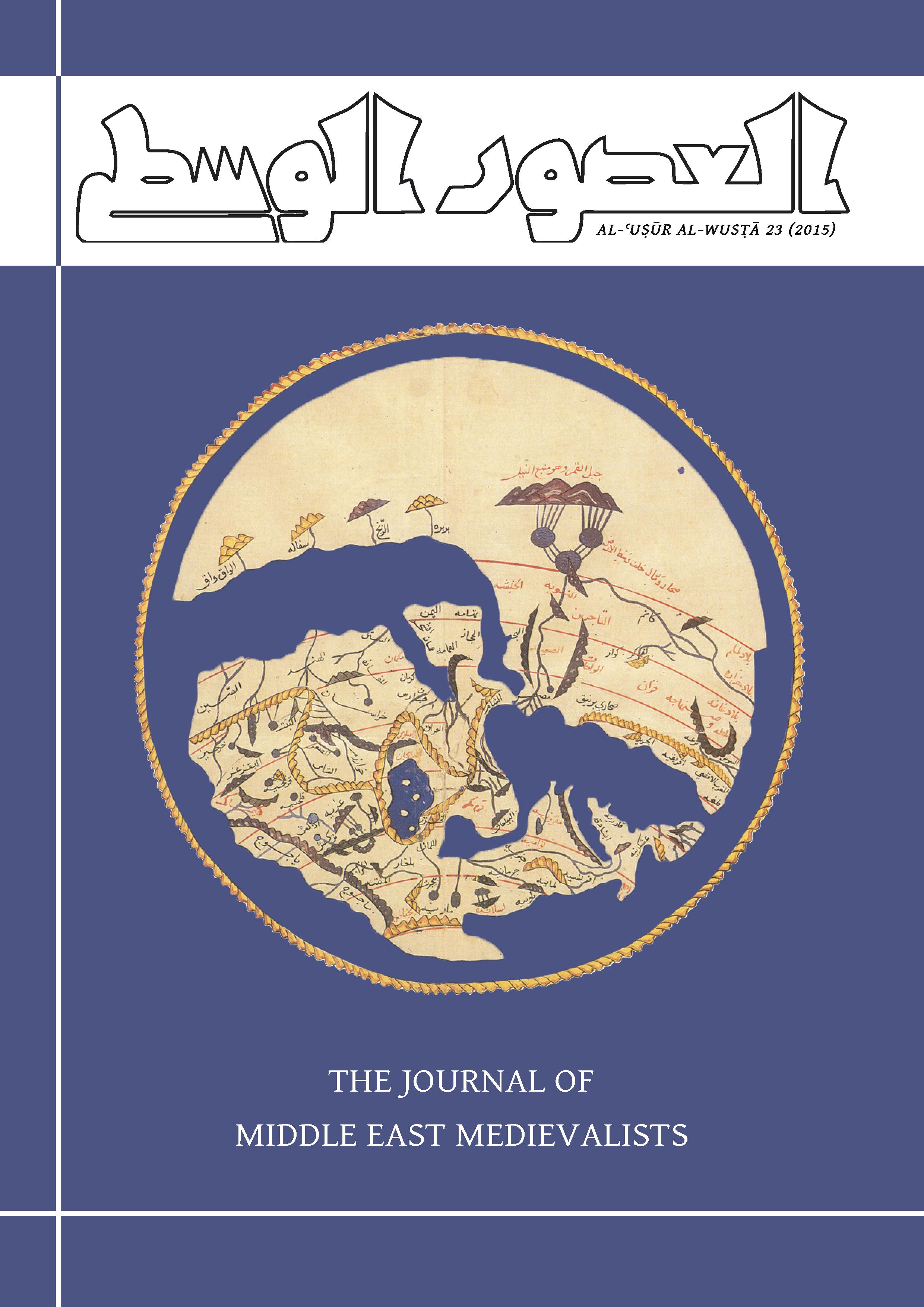Abstract
Abū al-Ḥasan ʿAlī ibn Muḥammad ibn Ḥabīb al-Māwardī was a Muslim polymath, born in Basra, 364/974, died in Baghdad, 30 Rabīʿ I 450/27 May 1058. He is most famous today for al-Aḥkām al-sulṭānīyah, a review of the law as it affects or requires the action of the caliph. His extensive handbook of Shāfiʿi law, al-Ḥāwī al-kabīr (of which al-Aḥkām al-sulṭānīyah is effectively an abstract), was much quoted in succeeding centuries. He also wrote a major Qur’an commentary and various shorter works, some in the Perso-Hellenistic wisdom tradition. Most of this study is devoted to three sample passages from the Ḥāwī in translation with commentary: on the ritual law, particularly the salutation at the close of the ritual prayer; on the law of waqf (pious foundations), particularly whether a waqf property is subject to division among heirs; and, finally, on penal law, particularly whether the stoning and flogging penalties for adultery are to be combined. They are sometimes opportunistic, seizing on any argument at hand, whether or not it is foreseen in the literature of jurisprudence (uṣūl alfiqh). They are sometimes indeterminate, leaving questions of what to do unanswered. They sometimes refute obsolete positions, sometimes seem to expect to convert no one. They suggest that Māwardī’s purpose in writing was not mainly practical, to persuade people to execute the rules of the Shāfiʿi school. Equally important, they suggest, were Māwardī’s religious vision of a faithful community (distinguished more by its theory and ritual practice than, say, particular patterns of property transfer) and the ludic pleasure of argument within the learned élite for whom he was writing.

This work is licensed under a Creative Commons Attribution-NonCommercial-NoDerivatives 4.0 International License.
Copyright (c) 2015 Christopher Melchert

